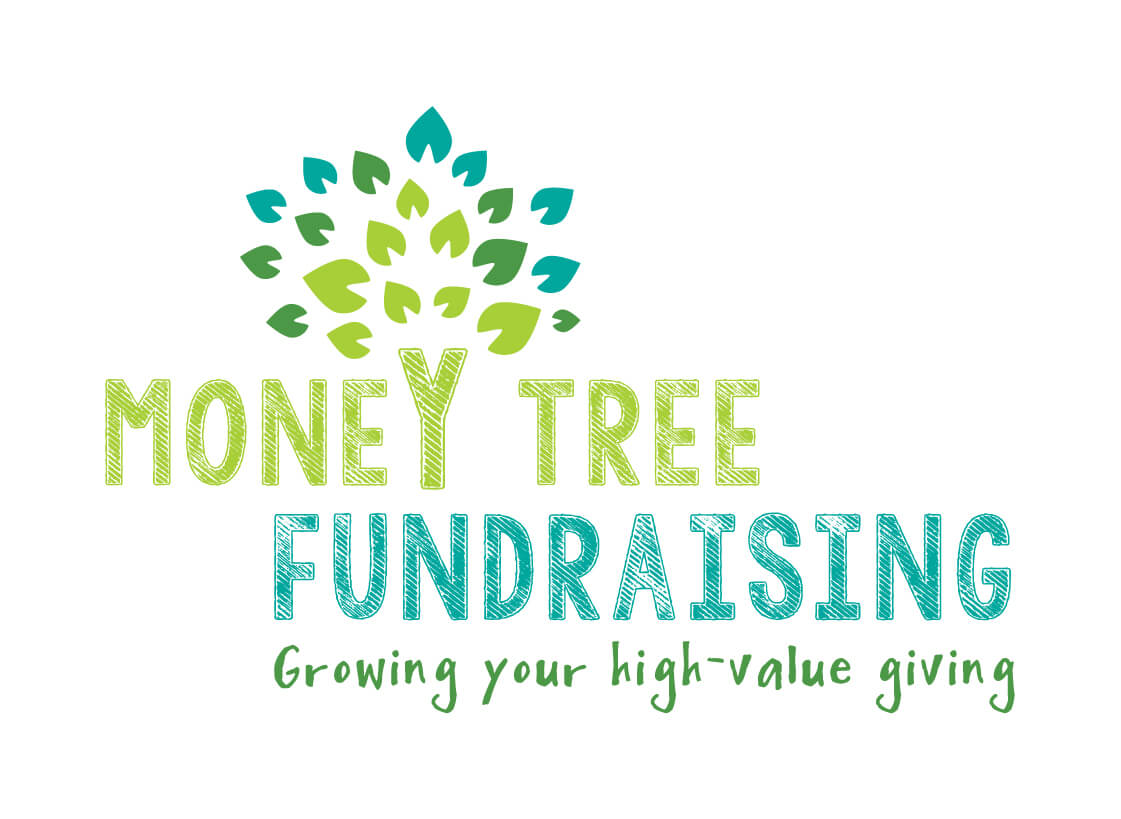
Image by opolja via iStock
It has always been hard to recruit great major donor fundraisers and hard to develop them from within existing fundraising teams. So what should you be looking for when trying to find that amazing individual to work with your top supporters? Below are some of the key attributes we feel make up the (almost) perfect major donor fundraiser:
- Tenacity – this is two-fold, internal and external; the fundraiser needs to be tenacious internally to get the information and stories that they need to inspire donors, from finance, programmes and communications teams – this requires pro-activity, not passivity; externally the fundraiser needs to be hungry to meet donors and prospects – above all elements of the cultivation process, it is meeting donors which is the most important.
Top Tip:
Look for fundraisers who want to know the big picture plans for the charity and are keen to attend strategic meetings across the organisation.
- Creativity – charities are curious beasts, often intangible, disparate in nature and visionary. This inevitably means that major donor fundraisers struggle to pull together clear project asks, with short-term and long-term goals. Packaging the work of any charity cannot be passed around department to department or delegated to communications or programmes team; the major donor fundraiser must take ownership and be creative to present the day to day work of the charity as emotive impact, powerful and necessary.
Top Tip:
Look for people who have experience of packaging core work into attractive projects and don’t become negative when this requires extensive bridge-building and follow up.
- Warmth – this may seem obvious, but far too many fundraisers hide behind their desks, sending out remote communications, sorting donors on spreadsheets and planning the next cultivation event. The very best major donor fundraisers love meeting donors and look forward to their next face to face encounter. More importantly, donors enjoy meeting them and look forward to their next meeting. This relationship building also negates the need for time-poor senior leaders in the charity being required to carry the majority of donor-facing activity.
Top Tip:
Ask how they would spend their first three months in post. If the answer is planning and researching, move on.
- Organised – this is especially important as the individual needs to able to prioritise donors in a structured way. Ad hoc major donor fundraising might have the odd success, but it is a long-term path to stagnation and failure. Great fundraisers are able to spend their limited time wisely – this means spending focused time with the very top prospects who can make the biggest impact – they need to know who these people are.
Top Tip:
Look for someone who wants to account manage a prospect list of 20-50, not 100s.
- Longevity – a hard one to predict, as fundraisers are free to move on at any time, notice permitting, but the donors we speak to rate having a single, long-standing point of contact as a key factor in their giving decision making. Many top donors stop giving when their point of contact at the charity leaves and their relationship with the charity wanes. A significant donation may take 2-3 years to secure – if fundraisers come and go, this dramatically reduces their chances of being successful in post.
Top Tip:
Does the fundraiser switch jobs every two years? If so, challenge their genuine passion for your cause.
- Confidence – this is a tough one to include, as so many fundraisers have imposter syndrome and are fearful of failure, but this individual needs to give donors confidence in the charity and convince those internally that major donor fundraising is an essential part of the organisation’s future success. Confidence will give the fundraiser access to key stakeholders who all need to be involved in donor cultivation and asking.
Top Tip:
Try to recruit people who are successful outside of work (e.g. sports, music, running committees or groups) as this can build confidence to take into the role. It also adds to their abilities to find common ground with a range of potential donors.
Give your major donor programme a health check now
